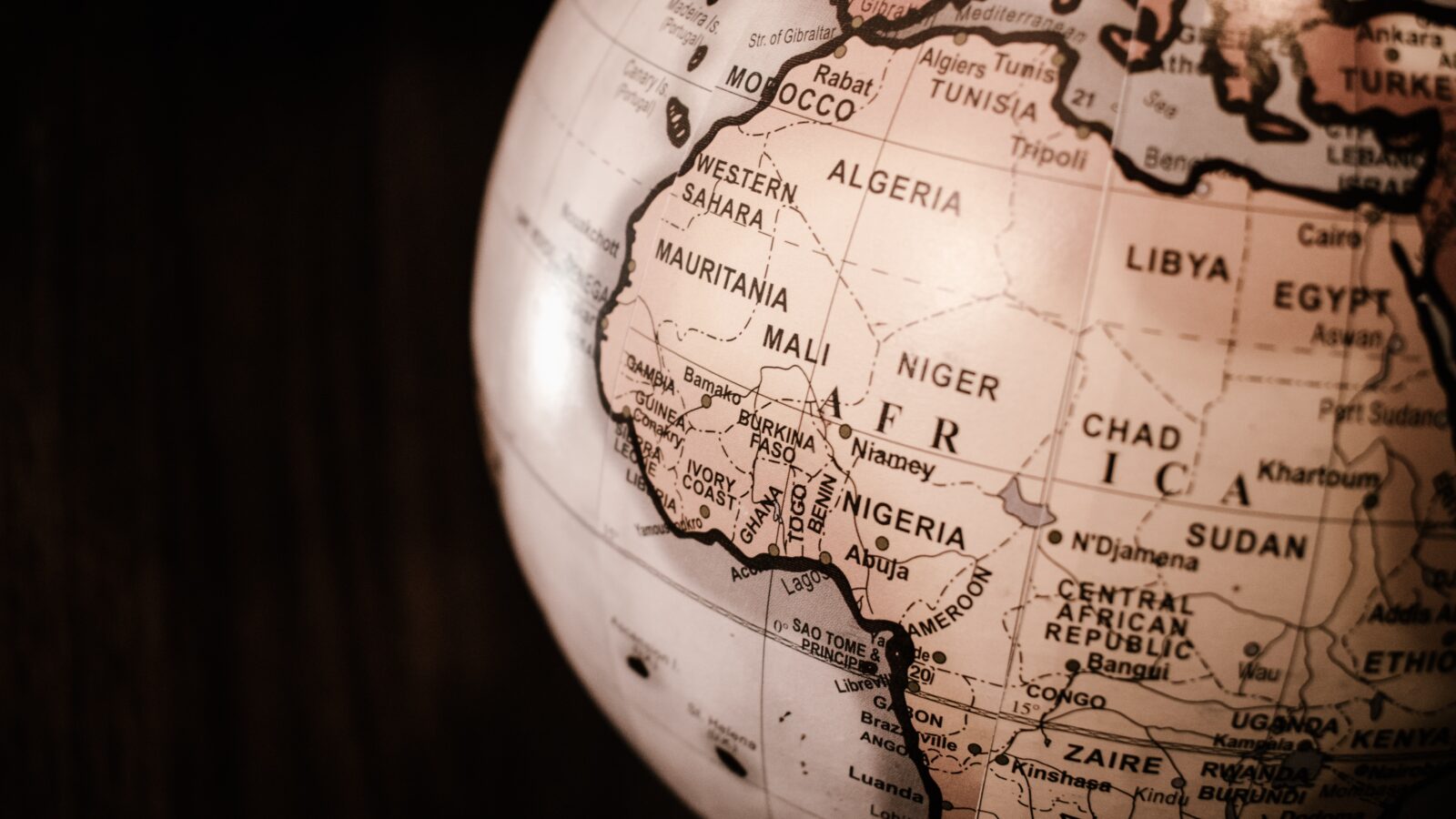.. the fact that Africa has a very young population and that the internet is available to more people makes gaming development grow at a breathtaking speed. Specifically, annual revenues from video games in Africa are expected to increase by 12% by 2026, while the growth rate in the rest of the world is 9.6%. In December 2023, the startup Carry1st raised $20 million for a mobile game targeting the African market. https://www.focusonafrica.info/en/the-africa-of-video-games-is-exporting-ideas-of-urban-and-social-transformation/
What’s even more important is that the heroes of video games designed in Africa are inspired and identified with personalities from African tradition. This means that game designers and producers use gaming technology to bring local history closer to young people and dissolve the misconception that Africa has no history. https://www.forbes.com/sites/tobyshapshak/2022/01/19/african-mobile-games-publisher-carry1st-is-andreessen-horowitzs-african-investment-with-20m-series-a/?sh=2b1a38ea6627
Games designed to run on PCs and mobile phones are coming to showcase the difficulties of survival, road safety, and the relationship between mosquitoes and malaria, and these are just some of the topics addressed through video games designed and played in Africa. For example, the design of the video game SIMburu aims to cultivate the necessary skills for survival in an African community (https://www.youtube.com/watch?v=1N2vqtjM2RU&ab_channel=UsikuGames) The ability to play on mobile phones increases the percentage of the population that has access to video games and therefore the number of active gamers. (https://www.youtube.com/watch?v=DkDXz4kXcQU&ab_channel=TheFrance24Observers)
Since video games are popular and continue to appeal to an increasing portion of the population, why not educate, prepare, and inform the public about topics that essentially speak the language of gaming? What more can gaming offer that we have not discovered yet? What role does gaming play in education, language learning, and life skills?
In Africa, they thought that since gamers are everywhere, why not design games for African culture? The discovery of Africa is achieved through the language and power of gaming, which manages to illuminate the beauty of its culture and history through visual and auditory effects and an exciting script. Through the Google store and Apple store, all video games are available https://www.youtube.com/watch?v=O_E_sKYzUS4&ab_channel=africanews
Video games are redefining the process of storytelling. In this introduction to a culture and its history, the gamer plays an active role, unraveling the narrative by choosing their own path. They choose the paths that are meaningful to them and learn to accept the consequences of their choices. We move from Africa to Alaska, where the video game Never Alone is linked to the lives of Alaska’s native inhabitants. But why should a video game like Never Alone be designed? The answer is that they wanted to bring the story of Alaska’s natives closer to the new generation, emphasizing survival. https://www.creativityculturecapital.org/blog/2021/09/13/exploring-and-extending-world-cultures-through-video-games/
Additionally, Never Alone was taught in schools, promoting the story and culture of the Inuit community, as well as teamwork among students, creative thinking, decision-making, and of course, dialogue.
Video game studios have found that gaming is not just another way to stay glued to your screen. Video games are a language of their own. They are the channel that leads you to the heart of every player’s microcosm. Not the microcosm they live in, but the one they would like to live in, the one that would captivate them. When gaming has entered wherever there is the internet and a screen, instead of going against the wind that blows, you use it to give momentum to your sails to convey the message you want. But do we know where we want to go?
The education we need now is the one that concerns the life of the student and the learner, not just their grades without context. Gaming is the university amphitheater of the future, where knowledge acquisition presupposes the active action of the learner. Experience now takes priority. In Africa and Alaska, gaming becomes the bridge between yesterday and today and simultaneously recommends gaming as a tool for learning, narration, and evolution. Fire can either burn you or, by taming its flame, you can create new tools to build your culture. Gaming gains ground and enters the education of the new generations, from history and culture lessons to language learning and tertiary education. Make the wind your friend and sail away…



